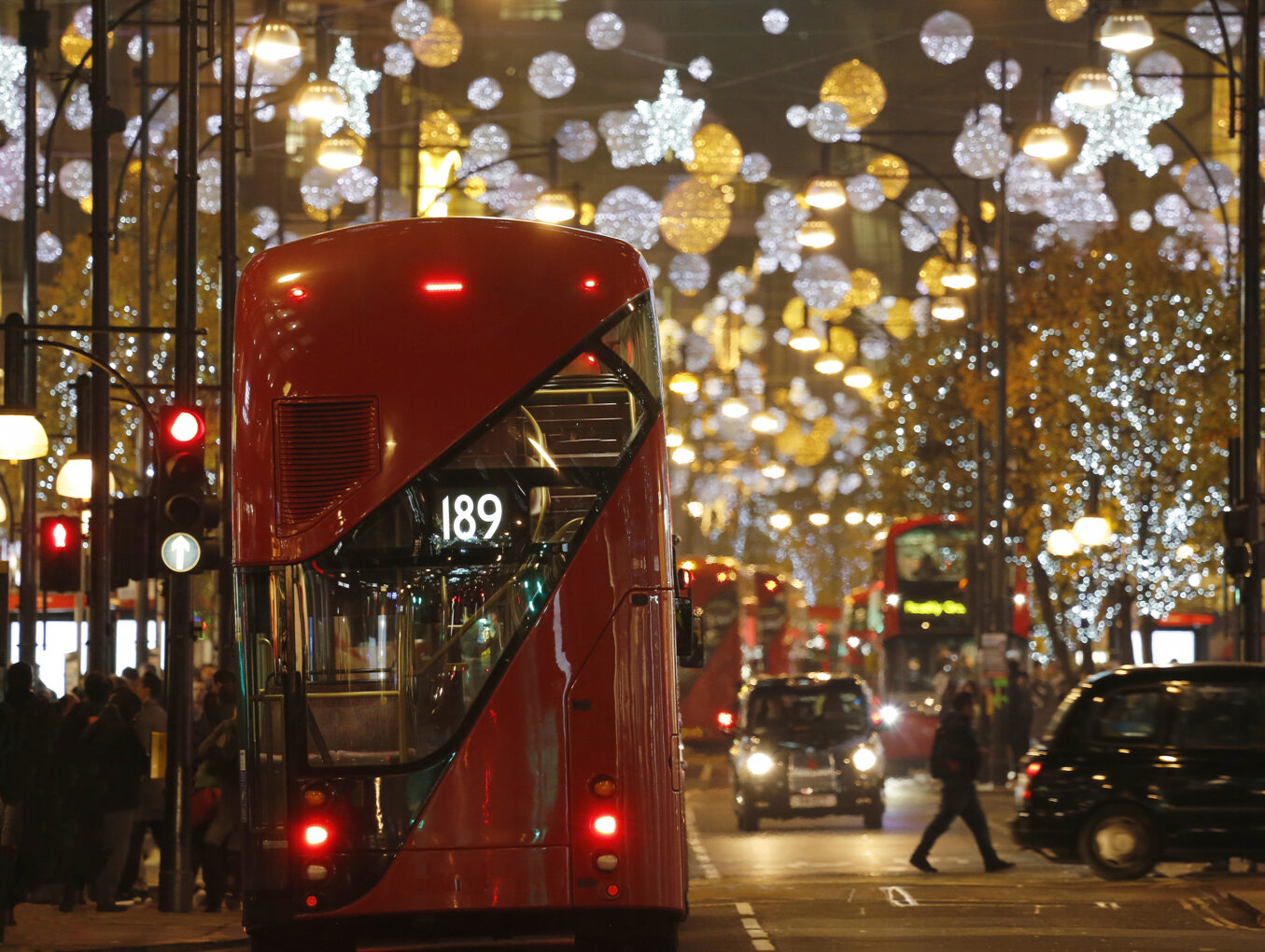Everyone new to the UK is confused by this sweet treat – and for good reason. Until the mid 1800s, mince pie recipes actually did contain meat, and the name has simply stuck. Fragrantly spiced pies filled with meats like mutton, goose, and beef tongue, flavoured with saffron, orange peel, ginger, nutmeg and cinnamon were popular across the ancient world and were eaten in medieval England on rare special occasions. When sugar became more widely available, the pies started to become sweeter and sweeter, until Eliza Acton created the first mince pie recipe not including meat in 1845.

